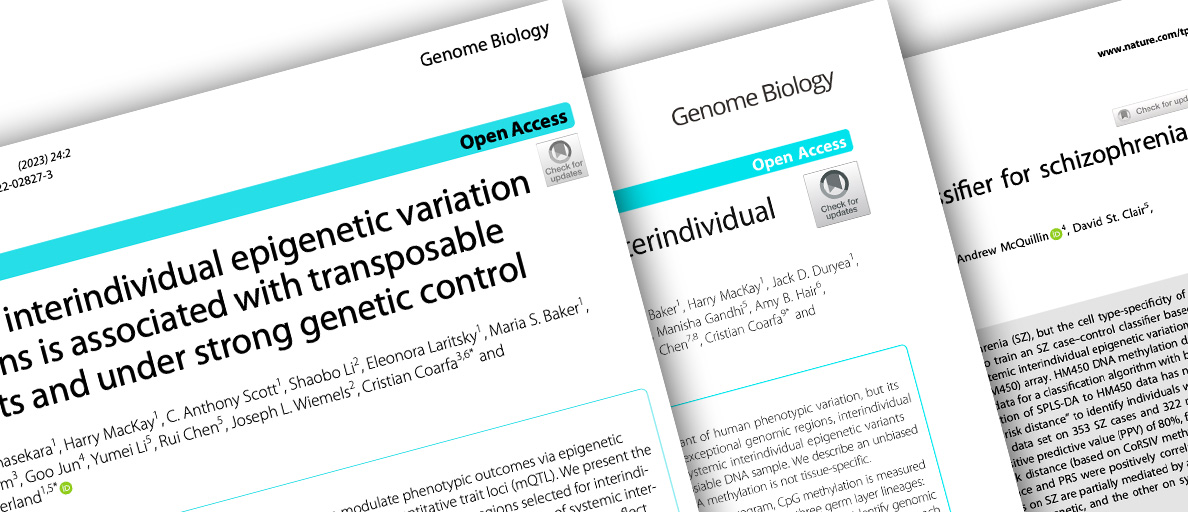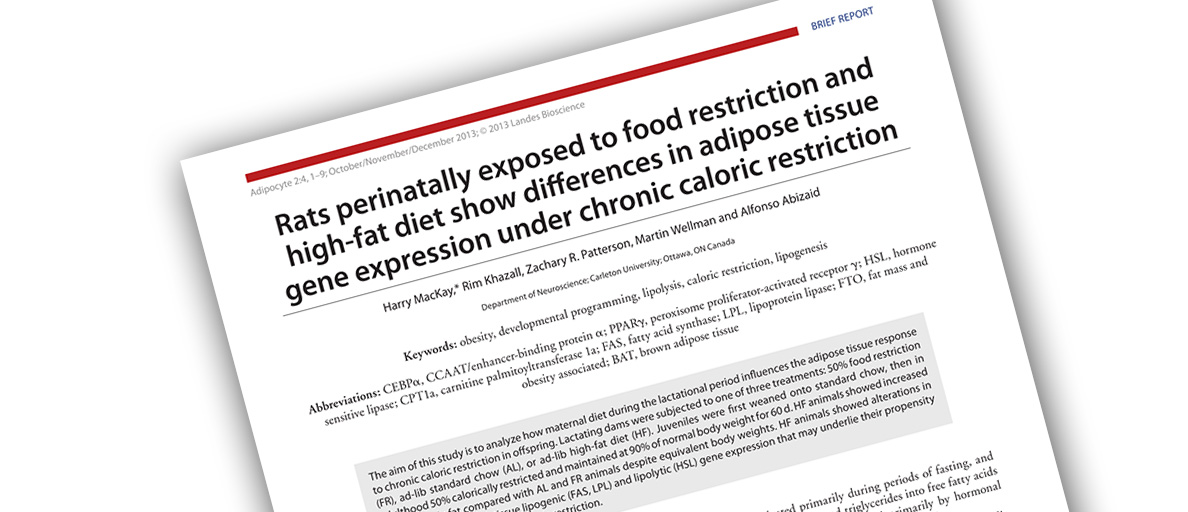
Systemic Interindividual Epigenetic Variation
ResearchAmong epigenetic marks that show any variation at all, most of that variation is cell type-specific. This is consistent with our general understanding that epigenetic mechanisms mediate cell type differentiation, helping cells turn genes on or off in a way that is appropriate to that cell's lifestyle. Because of...
/





